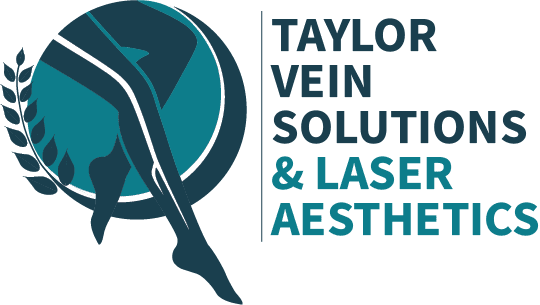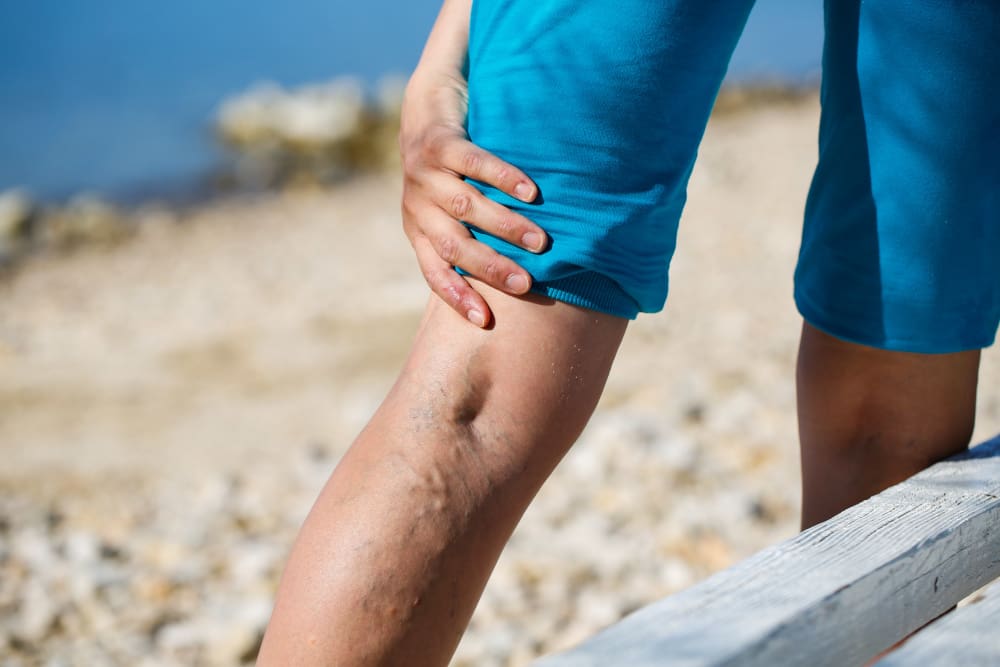Varicose veins are a type of damaged vein that can cause discomfort and may lead to further complications such as swelling, ulcers or restless leg syndrome if left untreated. Fortunately, there are several effective treatment options for varicose veins. While Dr. Ramaswami will guide you through each option during your varicose vein treatment consultation, this guide can give you a general overview of how each one works and its benefits.
ENDOVENOUS RADIOFREQUENCY ABLATION
Endovenous radiofrequency ablation, or thermal ablation, is a minimally invasive procedure aimed at closing damaged veins. During this treatment, Dr. Ramaswami inserts a specialized catheter called ClosureFast™ into the affected vein. This device emits radiofrequency energy, which heats the vein wall and causes it to collapse and seal shut. Once the vein is closed, blood is naturally rerouted to healthier veins, improving overall blood flow.
BENEFITS OF THERMAL ABLATION
- Minimally invasive. Thermal ablation is minimally invasive and requires limited downtime afterward.
- Increased comfort. Most patients report less pain and experience fewer complications compared to more invasive varicose vein treatment methods.
- High success rate. Clinical studies show a nearly 95% reflux-free rate at a five-year followup after this procedure.
ENDOVENOUS CHEMICAL ABLATION WITH VENASEAL
Rather than using heat, endovenous chemical ablation with VenaSeal uses a medical adhesive to seal damaged veins closed. During your procedure, Dr. Ramaswami will carefully insert a catheter into the affected vein. He can then administer the adhesive through this single access point, sealing the vein and allowing blood to reroute through healthy veins.
BENEFITS OF VENASEAL
- Minimally invasive. Varicose vein treatment with VenaSeal requires a single access point, making it minimally invasive.
- No tumescent fluid is needed. Other types of varicose vein treatments, such as laser ablation, require the use of tumescent fluid as a local anesthetic. With VenaSeal, tumescent fluid is not needed, making the procedure quicker and more comfortable.
- Effective for large veins. VenaSeal is particularly effective at closing large veins that may not respond well to other types of treatment.
ENDOVENOUS CHEMICAL ABLATION WITH VARITHENA
Varithena is another type of endovenous chemical ablation that uses an injectable polidocanol foam to close off refluxing veins. This method is especially useful for treating venous ulcers. During this procedure, Dr. Ramaswami injects the ulcer bed with Varithena to close the surrounding refluxing veins and promote healing.
BENEFITS OF VARITHENA
- Targeted treatment for venous ulcers. The foam can be precisely injected to treat venous ulcers, improving healing rates.
- Uniform foam consistency. The polidocanol foam used in Varithena has uniform bubbles, enhancing its effectiveness in closing veins.
- Minimally invasive. Like other endovenous treatments, Varithena is minimally invasive, reducing recovery time and discomfort.
CHOOSING THE RIGHT VARICOSE VEIN TREATMENT FOR YOU
The best treatment for varicose veins will depend on factors like the size and location of the veins and the presence of any complications. Dr. Ramaswami will carefully access your veins and recommend the most effective treatment option for your individual situation during your consultation. To schedule your appointment, easily contact us online or call our office at 734-287-1950.



